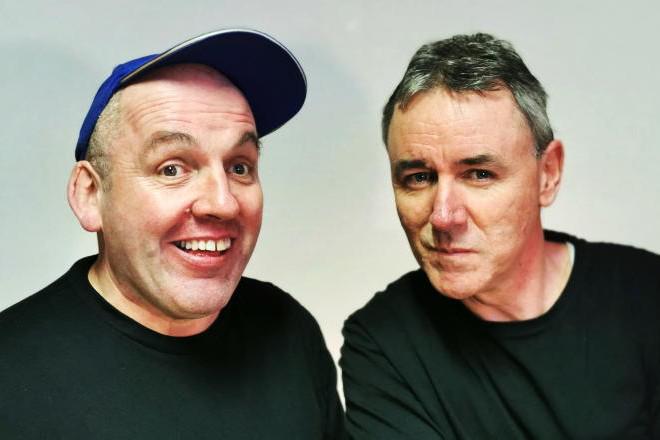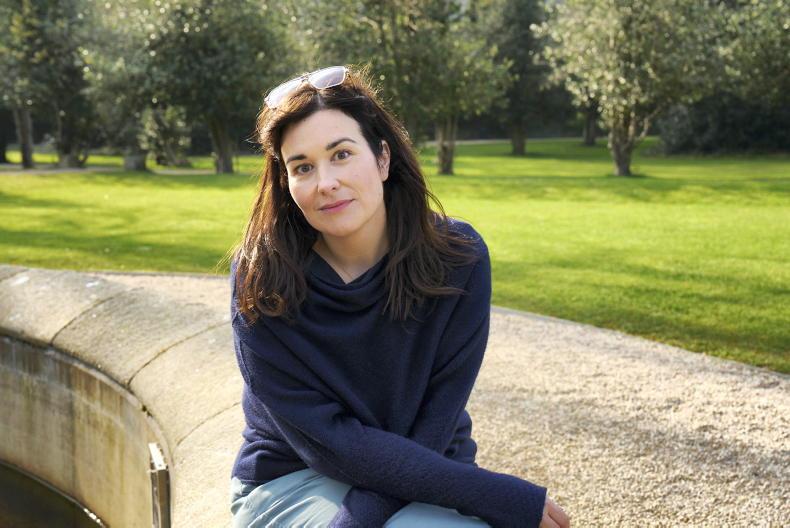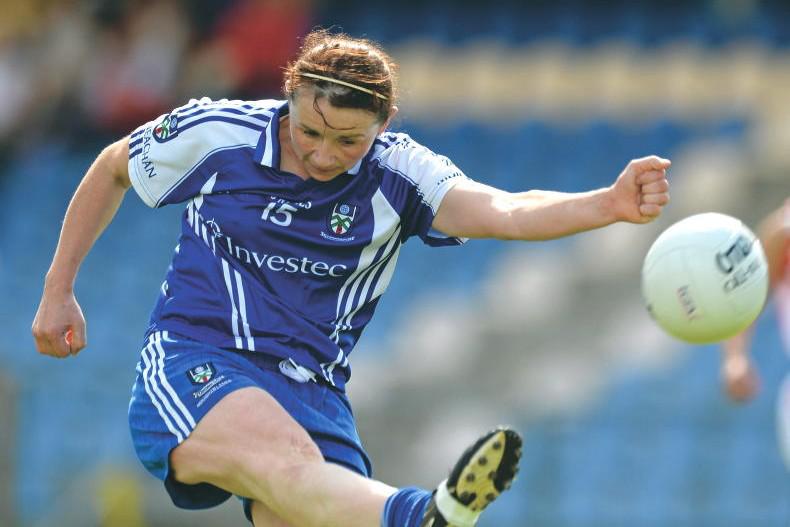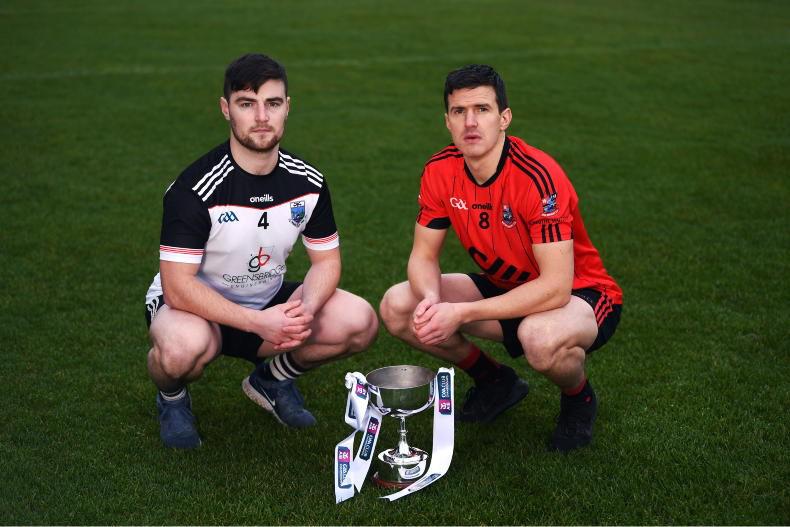Talk goes on during games. Call it what you want – slagging, sledging, insults that go way beyond the bounds of human decency – it is a tactic employed in the quest to win matches.
Basically, you’re looking to get under a fella’s skin so that he can’t focus on what he should be doing, or else so that he’ll retaliate to his own detriment. There have been times where my proclivity to chat has resulted in two yellow cards (and once, after such an admonishment, I was booked again) but that’s a risk you have to take.
And, to be fair, sometimes it doesn’t even have to be an overt insult – there’s more satisfaction gained from a subtle attack. Like when I was close to my prime and we had a county semi-final against Ballinakeen.
I was centre-back, marking Dave Scully, whom I had known from being on the county minor panel together. When you know the guy, you’re less inclined to give chapter and verse on how every member of his family has negative traits.
Substitution
Five minutes into the second half, an announcement came over the PA saying that Ballinakeen were making a change. Dave wasn’t looking at the sideline and, so, before they called out a name, I shook his hand and he said: “Fair play, you had the better of me today.”
Of course, when it was announced that one of the corner-forwards – obviously – was being called ashore, Dave clattered me and called me a few names, but he’d been rattled and didn’t figure for much of the rest of the game.
Another potential substitution was the cause for one of the funniest sledges I’ve heard, not least because it involved two players from the same team. As a misfiring attacker sent another shot wide on a bad day in front of the posts, his full-back shouted to the line, “Bring him off and don’t bring anybody on!”
Best battles
The best battles were those that played out over a few games, picking up where they had left off. Stevie Curran of Glanduff had been in my year in school and, while we weren’t best friends, we tended to get on – probably because he was a smart-mouth too, albeit without being the most academic. When we opposed each other on the field, there was generally comedy value to be mined.
Stevie was a good hurler and might have played to a higher level had his first love not been soccer. He hurled with the swagger of a skilful soccer player and you knew to look at him that he had such an affliction – socks up, collar up, tattoos everywhere. As I said to him during one match at minor level: “I’ve read books with less ink on them than you.”
At U21 level, I missed an important late penalty in a football match against them and Stevie – a bit of an armchair republican – couldn’t resist informing me that it was a pity I hadn’t been in the British firing squads in 1916, as we’d have had a united Ireland a lot quicker.
Later that year, his commitment to the cause led to a great opportunity that I couldn’t resist. We were drawn against Glanduff in the U21 hurling too and I was marking him. Just to irritate him, I rolled down his collar. You know when you see something that you think is too good to be true and you blink to make sure is real? That’s the feeling I had as I read what was on his neck – ‘Tiocfaidh Urlár’.
“Stevie,” I said to him, “do you realise that the tattoo on the back of your neck translates as, ‘The floor will come’? It probably wasn’t the wisest idea to go playing snooker in O’Meara’s rather than showing up for Irish class for six years.”
He turned around slowly and I swear I could hear the cogs in his brain turning.
To be fair, the comeback was good– “Well Fitzy, it looks like the floor is coming a bit quick quicker for you,” but it had to be followed by self-sabotage, as I planned, and he laid me out.
I didn’t even need to play-act to ensure he was sent off and, if I say so myself, I played a blinder as the spare man as we won handily.








SHARING OPTIONS